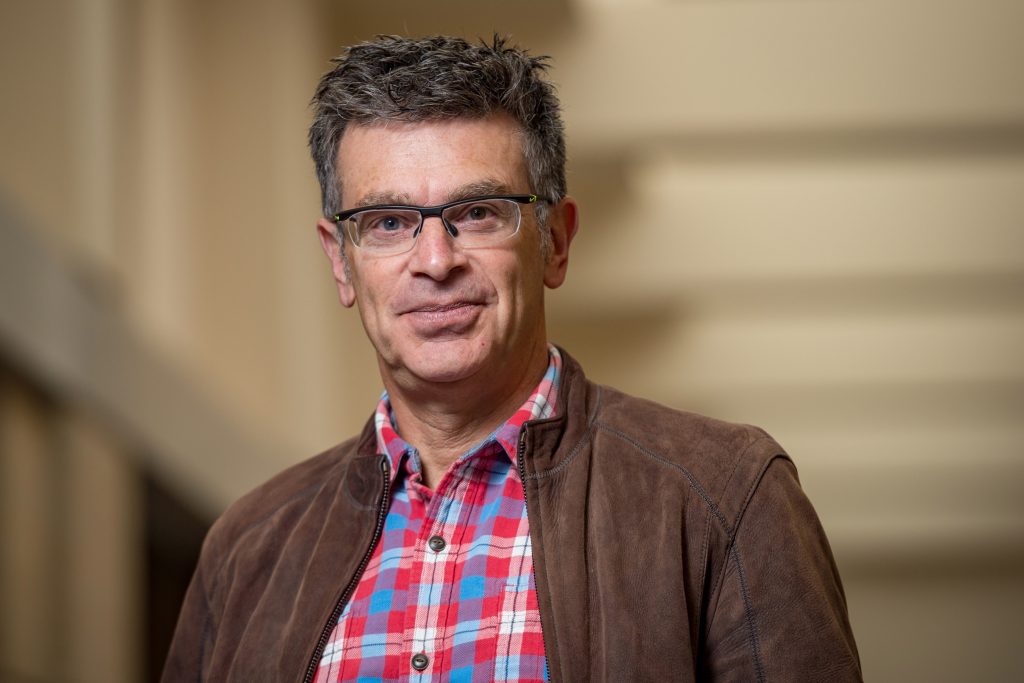University of Notre Dame professor Laurie Nathan, professor of the practice of mediation and director of the Mediation Program at the Keough School’s Kroc Institute for International Peace Studies, recently presented a research report to members of the United Nations Security Council (UNSC) on enhancing the body’s efforts to end violent conflict through mediation rather than military action. The report focused on the impact of Security Council resolutions on international mediation efforts in high-intensity conflicts like those in Syria and Yemen.
Nathan presented the research at an Arria-formula meeting, an innovative type of informal seminar that enables select Security Council members to take advantage of expertise and information provided by Council outsiders. The October 9 meeting was co-hosted by Germany, Belgium, Switzerland, and Vietnam.
“The report and meeting were significant because this is the first time the Council has entertained a policy discussion on how its resolutions impact mediation,” Nathan said.
Nathan’s report, commissioned by the German Federal Foreign Office, aims to enhance the Council’s mediation sensitivity and effectiveness. In the concept note announcing the meeting and its importance, representatives from the host countries wrote, “There is no collective awareness of what constitutes ‘best practice’ and ‘worst practice’ UNSC mandates for mediation.” Because most armed conflicts end either with a military victory by one party or a mediated settlement, Nathan argues that the UNSC should develop resolutions that are conducive to successful mediation in order to avoid conflicts ending through military means.
In order to be most effective, Nathan suggests that UNSC resolutions should meet three criteria: they should be informed by strategic guidance on mediation in each particular conflict, including the views of the mediator if one has been appointed; they should aim to push conflict parties towards and not away from mediation; and they should afford the mediator a high level of flexibility.
Additional guest speakers included prominent UN mediators and representatives from more than 30 member states, including China, France, Russia, the United Kingdom, and the United States.
View meeting video (UN Web TV)
Read full report: Mandating Peace: Enhancing the Mediation Sensitivity and Effectiveness of the UN Security Council
Contact: Laurie.N.Nathan.4@nd.edu
Originally published at kroc.nd.edu on October 15, 2020.



